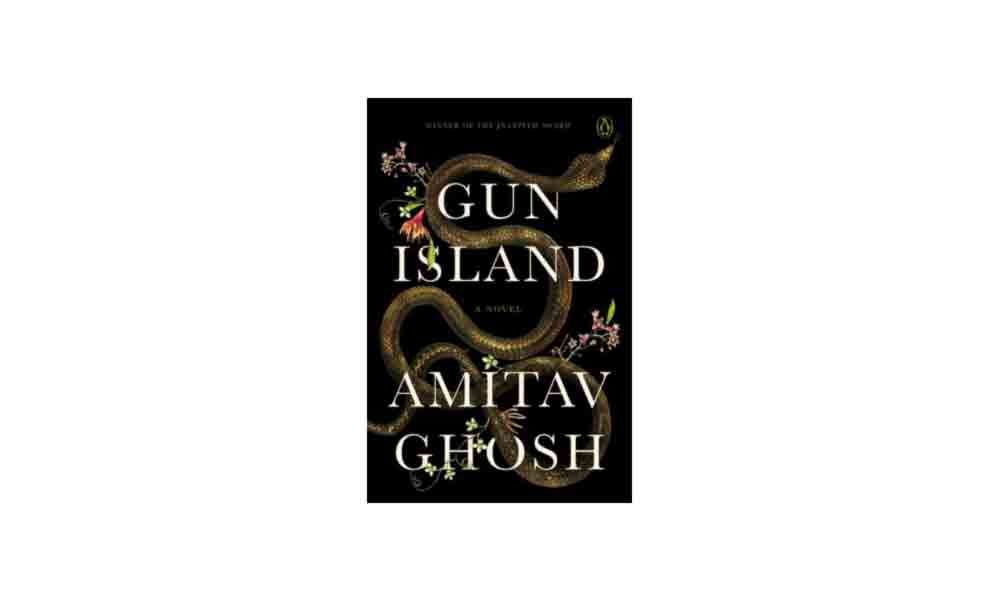Live
- Congress remembers Dalits only in bad times: Mayawati taunts Rahul Gandhi on Parbhani visit
- Have time for jailed leaders but none for achievers: BJP slams Delhi govt over chess champion’s pain
- Alliance University holds 13th Convocation, 1145 students receive degrees
- SC orders strict action against illegal construction
- Man kills sibling over property dispute
- Karnataka gets third govt cardiology hospital
- Minister Ramalinga’s efforts help safeguard over 10,000 acres of temple Land
- Laxminarayan College gets NAAC B+ accreditation
- Champions Trophy: India vs Pakistan Match Likely to Be Held on This Date
- Tigress Zeenat spotted in Purulia
Just In
Amitav Ghosh on violence of another kind

In his last book, 'The Great Derangement: Climate Change and the Unthinkable', writer Amitav Ghosh had questioned contemporary fiction's failure to address climate change and other environmental issues, realising soon after, that, he had not done it in his eight novels spanning over a three decade long literary career.
'Gun Island', Ghosh's latest, is his attempt at an answer to all those questions. "It certainly is my attempt at an answer. When I finished writing 'The Great Derangement', I said to myself, 'What the hell have I done?' Look at this book questioning how fiction approaches these subjects and now I have to think of an answer," the author said.
Ghosh's 'Gun Island' revolves around the life of a Brooklyn-based book dealer, who, on a visit to his birthplace, Kolkata, finds his life becoming unexpectedly entangled with an ancient legend about the goddess of snakes, Manasa Devi. Ghosh takes his readers back to the familiar marshy lands of Sunderbans in Bengal, and also on new journeys to Los Angeles and Venice, as he tells the story about a world in which creatures and beings of every kind have been torn loose from their accustomed homes by the catastrophic processes of displacement that are now unfolding across the earth, at an ever-increasing pace.
Ghosh said while the thought of climate change did hover over his mind as he penned the book, his thoughts took him beyond the singular issue, because there existed no "prescription" to execute the act of writing a novel perfectly.
"You can't write a novel through prescription. You have to go with where your mind takes you. So, these questions were in my mind, they did weigh very heavily on me. And, I suppose I was working my way towards finding some sort of a way to deal... I wouldn't say its climate change, it's not just that, it's something much more complicated. It's the reality that we live in. The reality that we live in is so fractured," the Jnanpith awardee, said.
Ghosh, who has dealt with different kinds of violence including civil, communal and more in his books as well as essays, said the kind of violence the humankind is currently staring at is the kind that crept into people's lives stealthily, destroying them gradually over a period of time. It is this kind of violence that 'Gun Island' explores.
"In this book I am dealing with the violence of a completely different kind which is slow violence, because that's what we are actually experiencing at the moment.
"If you think of a drought... this prolonged drought that we have in central India and in parts of Maharashtra, it is displacing hundreds of thousands, may be millions of people, but the way that it unfolds is not in the sudden violence of, say, a riot. It is the slow violence which eats into people's lives. That is the issue at hand," he said.
'Gun Island' has been published by Penguin.

© 2024 Hyderabad Media House Limited/The Hans India. All rights reserved. Powered by hocalwire.com








